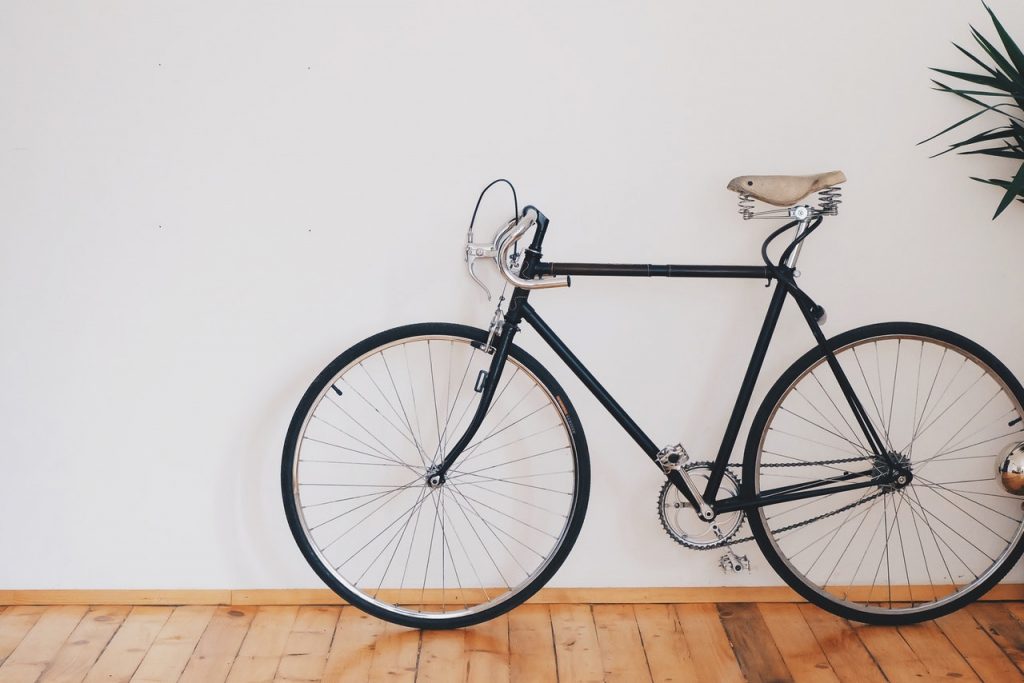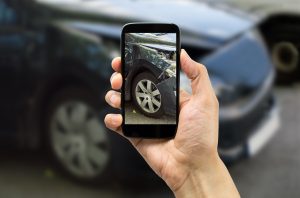While not entirely CO2-free, cycling is still better for the environment than driving. It’s also healthier: countries where “bicycle culture” is part of daily life, such as the Netherlands and Finland both have comparatively lower CO2 emissions and more positive health outcomes.
In America, where health outcomes are relatively lower and emissions higher, the car culture that emerged from the mid-1930s with mass motorisation shows no sign of slowing, due in part to approaches and attitudes to public transport, policy, zoning laws, government subsidies, and interstate systems.
Fewer Cars, Fewer Accidents
Over time, these factors have led America to become a nation of drivers. Unsurprisingly, more than half of all road traffic deaths are among vulnerable road users, such as pedestrians and cyclists. This suggests higher precedence in more car-reliant countries such as the United States.
In the state of New Jersey, 2020 saw 18 cyclist fatalities; six more than the previous year. Non-fatal cycling accidents (which would require the victim to contact a bicycle accident lawyer) also saw an uptick, due largely to the surge in outdoor exercise and transportation precipitated by the COVID-19 pandemic.
Protecting Vulnerable Road Users
While it should be noted that New Jersey is one of the safer states for cyclists, there is still room for improvement. On March 1st, 2022, New Jersey State passed a law intended to protect vulnerable road users for the first time: the “Safe Passing Law'', which states that when driving and approaching a non-driving road user, drivers must be cautious, reduce their speed and either change lanes or pass at a minimum of four feet from the non-driving person.
Recognising Responsibility
Unlike numerous historical policies addressing technological issues, this law is designed to help cultivate behavioural changes that offer greater protection to vulnerable road users, encouraging motor vehicle users to recognise other road users less as slower, inconvenient obstacles to their destination and more as fellow road users with a right to travel without fear of injury or death.
Likewise, the law in the New Jersey State area recognises the responsibility of cyclists to correctly use visual and audible signals such as lights and bells, to maintain effective brakes, cycle with due care when passing vehicles, use their bicycles as intended, and wear appropriate protective clothing.
America On Two Wheels
The ripple effect of the COVID-19 pandemic has resulted in significant behavioural and lifestyle changes globally. In this case, it has prompted a shift in thinking about how sustainable our travel systems are. In America, car culture is so heavily ingrained that even with the seismic changes brought about by the pandemic, it could take years before cyclist injuries and fatalities see a significant drop.
There are instances where cycling may be impractical or even impossible (such as amongst road users with disabilities) but even those who want to cycle avoid it due to safety fears. With a rise in cycle use, coupled with protective laws similar to those recently passed in states like North Dakota and New Jersey, America may yet see a ripple effect of its own, leading to positive environmental and health outcomes across the nation.





















